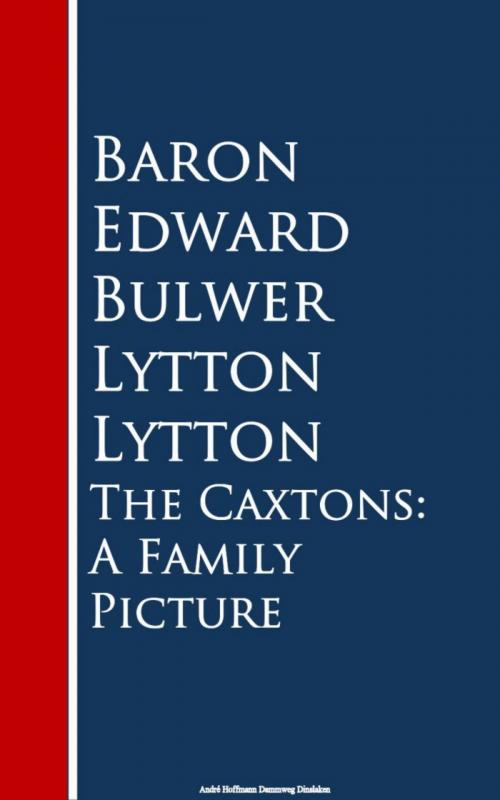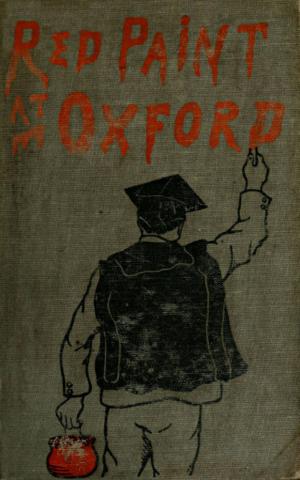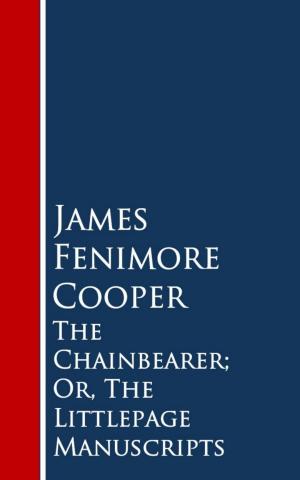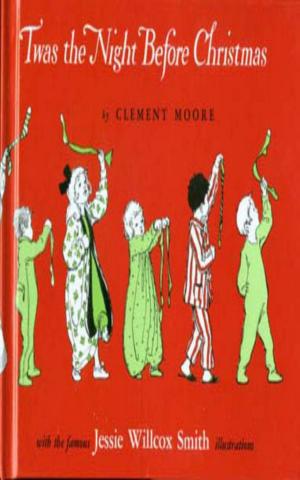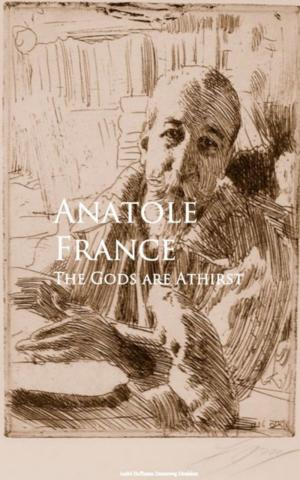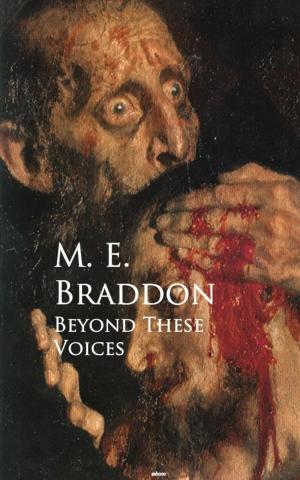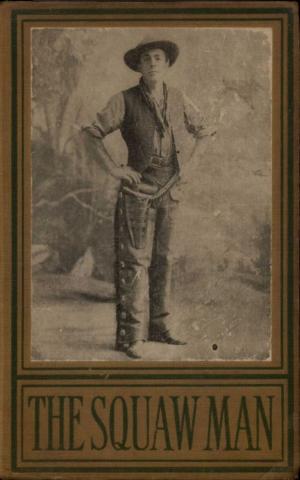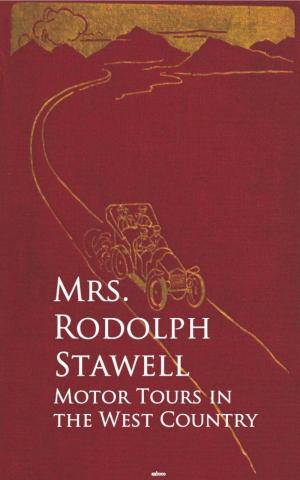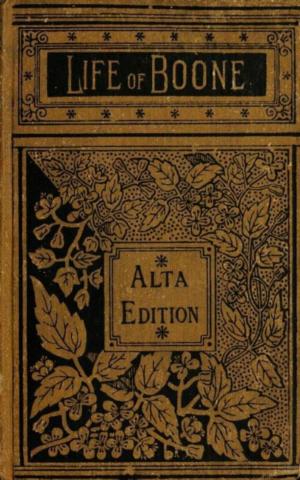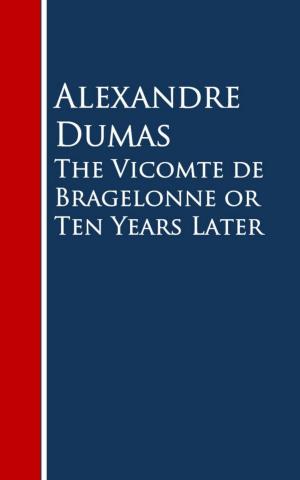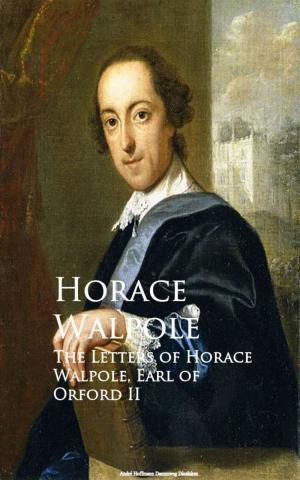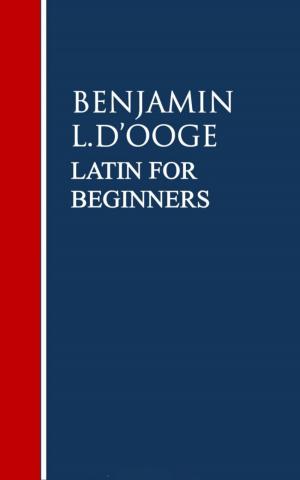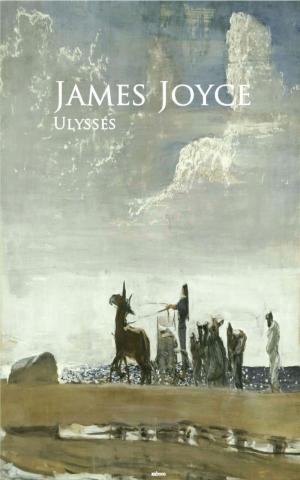| Author: | Baron Edward Bulwer Lytton | ISBN: | 9783736414389 |
| Publisher: | anboco | Publication: | September 5, 2016 |
| Imprint: | Language: | English |
| Author: | Baron Edward Bulwer Lytton |
| ISBN: | 9783736414389 |
| Publisher: | anboco |
| Publication: | September 5, 2016 |
| Imprint: | |
| Language: | English |
If it be the good fortune of this work to possess any interest for the Novel reader, that interest, perhaps, will be but little derived from the customary elements of fiction. The plot is extremely slight, the incidents are few, and with the exception of those which involve the fate of Vivian, such as may be found in the records of ordinary life. Regarded as a Novel, this attempt is an experiment somewhat apart from the previous works of the author. It is the first of his writings in which Humor has been employed, less for the purpose of satire than in illustration of amiable characters; it is the first, too, in which man has been viewed, less in his active relations with the world, than in his repose at his own hearth,—in a word, the greater part of the canvas has been devoted to the completion of a simple Family Picture. And thus, in any appeal to the sympathies of the human heart, the common household affections occupy the place of those livelier or larger passions which usually (and not unjustly) arrogate the foreground in Romantic composition. In the Hero whose autobiography connects the different characters and events of the work, it has been the Author's intention to imply the influences of Home upon the conduct and career of youth; and in the ambition which estranges Pisistratus for a time from the sedentary occupations in which the man of civilized life must usually serve his apprenticeship to Fortune or to Fame, it is not designed to describe the fever of Genius conscious of superior powers and aspiring to high destinies, but the natural tendencies of a fresh and buoyant mind, rather vigorous than contemplative, and in which the desire of action is but the symptom of health...
If it be the good fortune of this work to possess any interest for the Novel reader, that interest, perhaps, will be but little derived from the customary elements of fiction. The plot is extremely slight, the incidents are few, and with the exception of those which involve the fate of Vivian, such as may be found in the records of ordinary life. Regarded as a Novel, this attempt is an experiment somewhat apart from the previous works of the author. It is the first of his writings in which Humor has been employed, less for the purpose of satire than in illustration of amiable characters; it is the first, too, in which man has been viewed, less in his active relations with the world, than in his repose at his own hearth,—in a word, the greater part of the canvas has been devoted to the completion of a simple Family Picture. And thus, in any appeal to the sympathies of the human heart, the common household affections occupy the place of those livelier or larger passions which usually (and not unjustly) arrogate the foreground in Romantic composition. In the Hero whose autobiography connects the different characters and events of the work, it has been the Author's intention to imply the influences of Home upon the conduct and career of youth; and in the ambition which estranges Pisistratus for a time from the sedentary occupations in which the man of civilized life must usually serve his apprenticeship to Fortune or to Fame, it is not designed to describe the fever of Genius conscious of superior powers and aspiring to high destinies, but the natural tendencies of a fresh and buoyant mind, rather vigorous than contemplative, and in which the desire of action is but the symptom of health...
